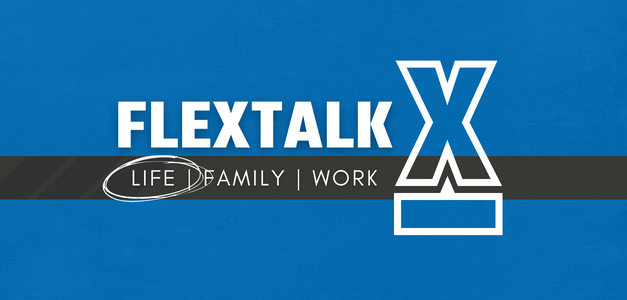Automatic doors are not just an entry point; they are a critical element of your building’s infrastructure. When functioning optimally, they create seamless access, reflecting professionalism and efficiency.
However, neglecting their maintenance or overlooking necessary repairs can silently wreak havoc on your business in ways you may not realize. Ignoring automatic door repairs impacts your business’s operations, customer satisfaction, safety, and compliance. It can cause issues that jeopardize your reputation and bottom line.
First Impressions Start at the Door
A malfunctioning automatic door can quickly damage your business’s image. When a door fails to open properly, it sends a clear message that your facility is neglected. For business owners and facility managers, maintaining professionalism should include ensuring reliable, functional doors.
Even more impactful is the frustration caused by unreliable access. Shoppers and clients who struggle to enter your building will form negative impressions and may decide to take their business elsewhere. Smooth, hassle-free access ensures visitors don’t second-guess their decision to engage with your business.
Safety and Regulatory Compliance Are Nonnegotiable
One of the most important reasons to stay on top of automatic door repairs lies in the realm of safety and compliance. Doors may seem like an insignificant feature, but faulty systems risk breaching regulations such as the Americans with Disabilities Act (ADA). Noncompliance can lead to significant legal exposure, hefty fines, or disputes with tenants relying on accessible entryways.
Additionally, broken doors pose a tangible risk for injuries. A door that slams shut too quickly, catches on unsuspecting customers, or fails to properly sense motion is more than an inconvenience. It is a liability. Lawsuits stemming from negligence are far costlier than timely repair, making proactive maintenance an essential practice.
Downtime Hurts Business Operations
Ignoring door repairs can also disrupt the day-to-day flow of business. When doors fail, it slows down foot traffic, complicates deliveries, and creates bottlenecks for staff movement. For retail stores, health-care facilities, or logistics centers, efficiency is crucial, and downtime caused by inconsistent access can affect the entire ecosystem.
Even worse, malfunctions during emergencies could jeopardize building evacuation procedures or prevent responders from gaining swift entry. Automatic doors don’t just influence convenience; they play a pivotal role in safety protocols that protect everyone in your space.
Prevention Saves Cost and Hassle
Deferring necessary repairs might provide short-term relief for your budget, but it often leads to larger, more expensive fixes later. Small glitches can escalate into total breakdowns, requiring emergency interventions that disrupt operations further and cost far more than planned maintenance would.
For business owners and facility managers, the advantage of following a consistent and preventive maintenance schedule is clear. Addressing repairs early ensures compliance, protects your reputation, and avoids unplanned downtime. Deciding when to replace or repair your automatic door can save you from costly disruptions. Don’t underestimate the consequences of ignoring automatic door repairs for your business.
Keep Your Doors in Top Shape
Automatic doors are more than a convenience; they are a vital link in your operational success. By addressing small issues before they escalate, you can save money, maintain safety, and safeguard your reputation. A bit of attention today can prevent costly problems tomorrow.
-
- How can business owners prioritize regular automatic door maintenance without disrupting daily operations or creating budgeting issues?
- What are some potential consequences of ignoring automatic door repairs, not only for business operations but also in terms of customer satisfaction and safety compliance?
- In what ways can malfunctioning automatic doors impact a business’s reputation beyond the immediate customer experience?
- How can businesses balance the cost of preventive maintenance for automatic doors versus the potential financial risks of emergency repairs and downtime?
- What are the key safety and legal implications of not maintaining automatic doors, and how can businesses ensure they remain compliant with ADA regulations?


